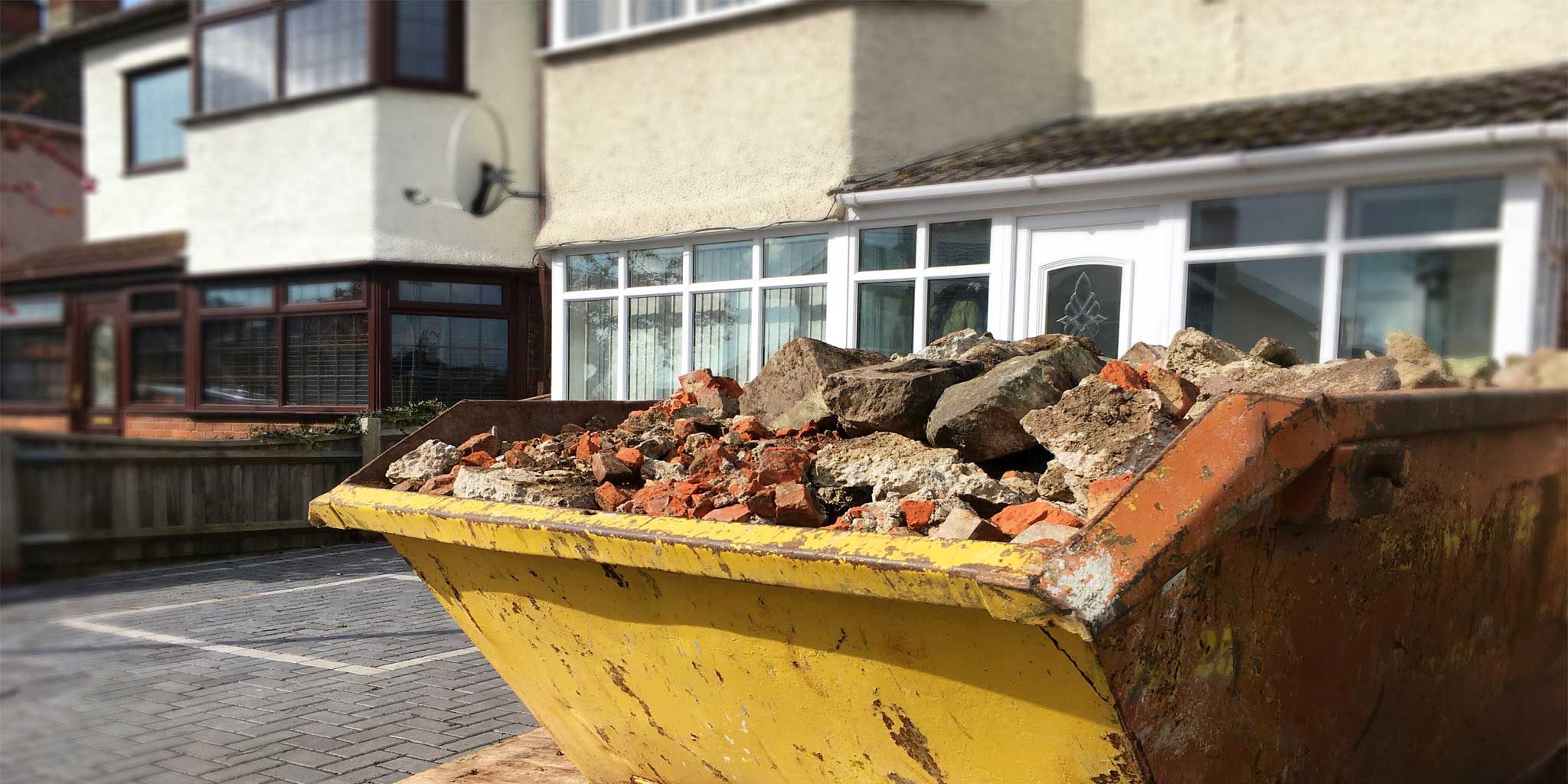Ultimate Glossary To Rubbish Removal

Sometimes, when entering a new world, understanding all the new terms and lingo can be very confusing. There are all these new terms and words and you’re just stuck there acting as if you know what they’re all talking about. However, when it comes to waste management it is important to know what you’re looking at because you don’t want to be ordering the wrong thing. We here at Reliable Skip Hire Kent want your experience with us to be as easy and smooth as possible. That’s why we’ve put together this glossary of all the terms you need to know so you can understand our website with more ease.
The Different Waste Types
Understanding all the different types of waste is vital, especially when trying to responsibly recycle and dispose of your rubbish. You’ll need to know the differences between each type and we’re going to help you find out what they are.
- WEEE Waste – This acronym stands for “Waste Electrical and Electronic Equipment” and covers every item that has batteries, a charger, or that needs a plug, and which is now broken. It’s a bit of a long-winded phrase which is why the acronym was made. These aren’t accepted into most skips, but you can find tips on how to get rid of them on our waste restrictions page.
- Builder’s Waste – This is one of the more popular terms in the waste industry and just simply means any waste that is generated from a building/construction site. Other terms that describe the same thing is “construction waste” and “bulky waste”. This waste includes such items like soil and rubble, and other such items that would be lying around a construction site. We are happy to accept all these items into our skip here at Reliable Skip Hire Kent.
- Hazardous Waste – This one is pretty self-explanatory as this waste is hazardous to that of people or the environment. We need to look out for this waste due to its dangerous risks. Unfortunately, we can’t help with the disposal of hazardous waste because it poses a risk to you and our skip operators, but we can offer some tips.
Skip Hire Terms
There are some terms when it comes to skips that you should probably be aware of. Instead of just talking in cubic yards, some label all the skips according to sizes. So here are all the names just in case you get a little confused. Any more information on skip sizes and what they’re used best for, click here.
- Midi Skip (4 cubic yards) – These skips are the smallest that we offer to our customers, and are sometimes called a midi skip. These are ideal for the smaller DIY jobs or clearances around the house.
- Small Builder’s Skip (6 cubic yards) – These 6-yard skips are sometimes called the small builder’s skip as they are used for the smaller construction projects. They are one of the most commonly used skips by builder’s hence why they are called a small builder’s skip.
- Builder’s Skip (8 cubic yards) – Again, this is the other most commonly used skip by builders, yet due to being slightly bigger it’s used for the larger construction projects, so is just called a builder’s skip. It’s the largest size available for soil and rubble in most cases, which is also why it’s a commonly used skip for builders.